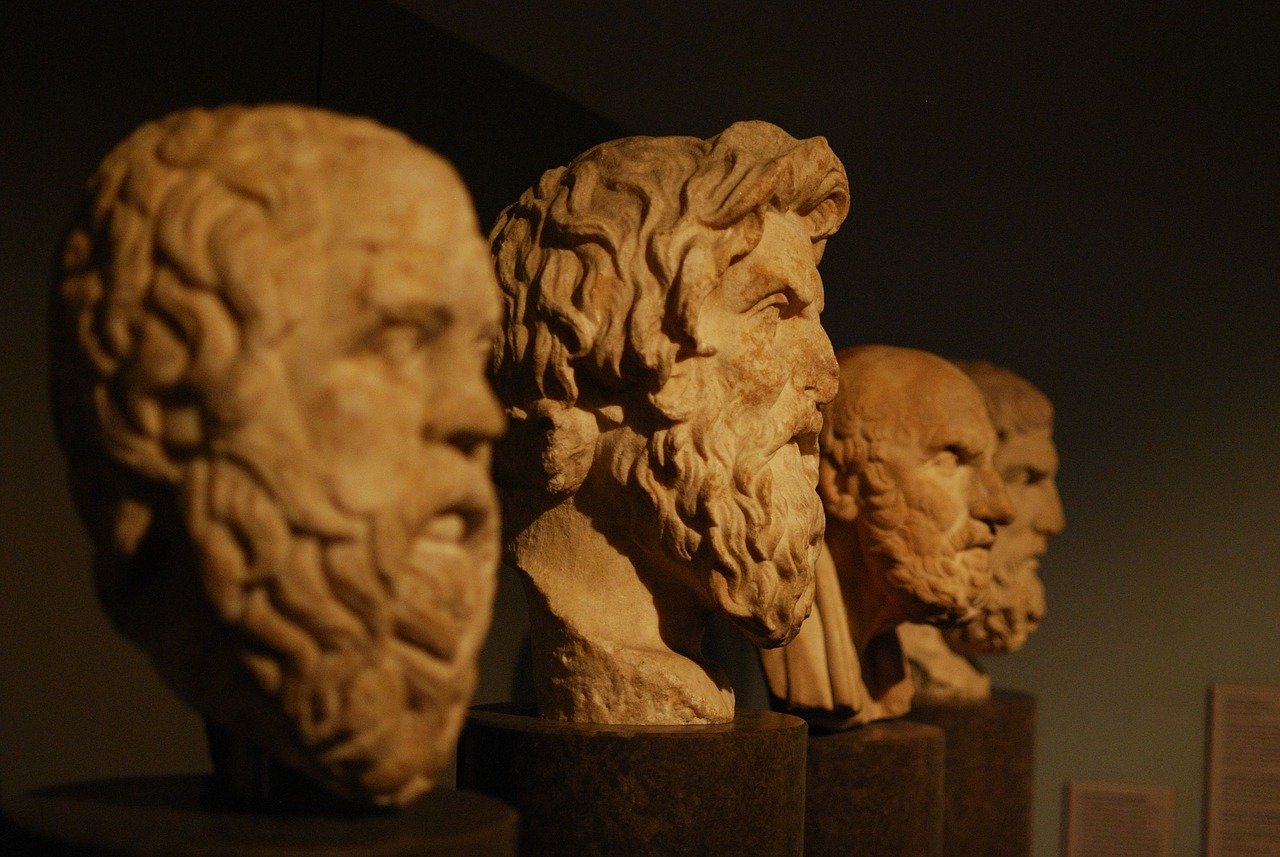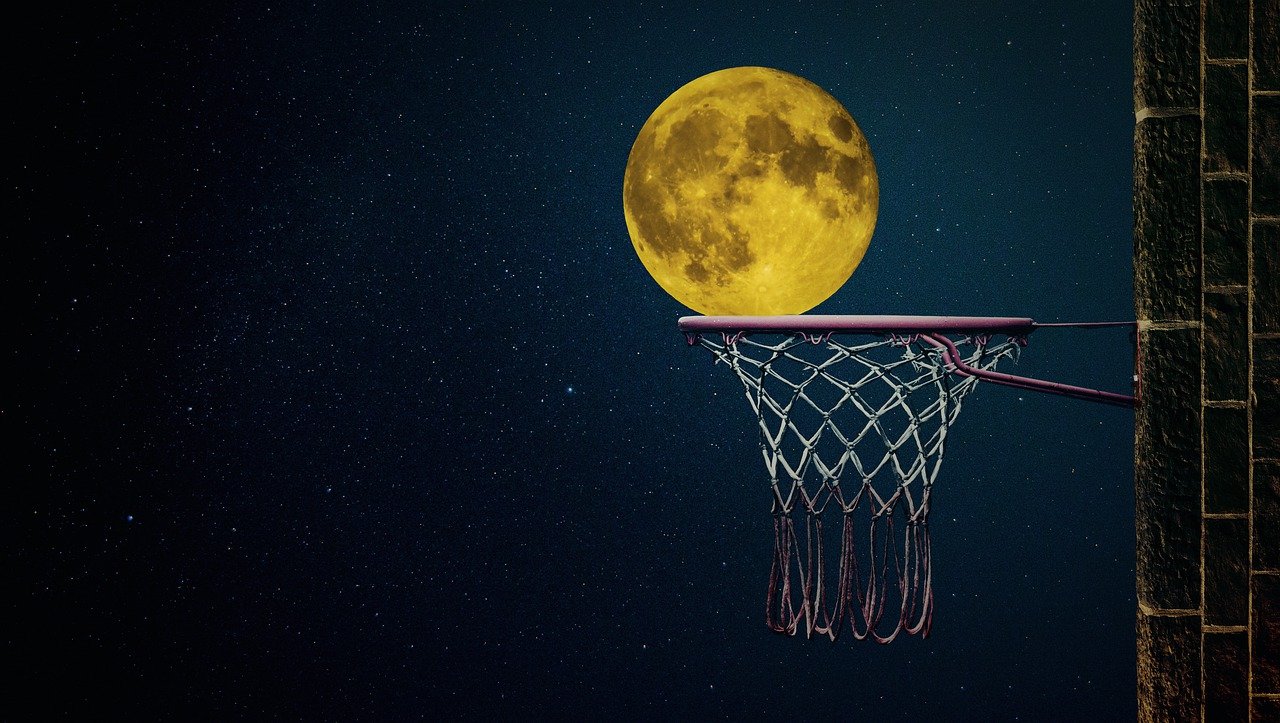Plato was one of the first philosophers to discuss dreams. In “The Republic,” Plato discusses dreams in book IX. He is the first to discuss dreams and connect them to psychological underpinnings of the dreamer: “I can imagine a healthy man who lives in harmony with himself. He goes to sleep only after he has summoned up the rational element in his soul, nourishing it with fair thoughts and precepts” (Plato, 1985, p. 260). Plato argues the dreams of a healthy man will have less violent content than the dreams of a man “wild and brutish, sated by food and drink” (p. 260). Both Plato and Aristotle believed food or digestion affected sleep and dreaming.
In the book Dialogues of Plato, Socrates is talking to Theaetetus. Socrates opens a discussion about how can one tell the difference between being awake and dreaming. Theaetetus answers Socrates’ question by saying “I do not know how to prove the one any more than the other, for in both cases the facts precisely correspond; and there is no difficulty in supposing that during all this discussion we have been talking to one another in a dream” (Plato, 1952, p. 521). Socrates validates Theaetetus’ logic, and adds that perception is not reliable, and so perhaps in their attempt to define “knowledge,” the correct answer is not “perception.” Socrates attributes the function of discernment to the soul, and says that the experiences of dreaming or of being awake are equally valid: “in either sphere of existence the soul contends that the thoughts which are present to our minds at the time are true; and during one half of our lives we affirm the truth of the one, and, during the other half, of the other, and are equally confident of both” (Plato, 1952, p.521). Socrates adds that it is the same in mental disorders, only the length of time is different!
Aristotle had no interest in Plato’s question about perception as it related to dreams or knowledge. Aristotle was the first philosopher to attempt to classify and understand dreams and their function. Aristotle acknowledged that if the act of sleep is observed in humans as well as animals, then it must be necessary to survival. “If waking is the contrary of sleeping, and one of these two must be present to every animal: it must follow that the state of sleeping is necessary” (Aristotle, 1952, p. 697).
On the subject of dreams, Aristotle questioned where they came from. He questioned how humans could have the experience of seeing things with their eyes closed. “If all creatures, when the eyes are closed in sleep, are unable to see; we may conclude that it is not by sense- perception we perceive a dream” (Aristotle, 1952, p. 702). Aristotle attributed an ability to dream as part of experiencing an illusion. He attempts to address the idea of illusion by suggesting one place two crossed fingers on one object (like the nose). In that moment, it feels like one has two noses. Aristotle suggested that if the brain can be tricked into thinking that it has two noses, then it can perceive dreams as reality: “when one is asleep, there is something in consciousness which declares that what then presents itself is a dream. If however, he is not aware of being asleep, there is nothing which will contradict the testimony of the bare presentation” (Aristotle, 1952, p. 706). In other words, Aristotle believed that when we were perceiving nothing externally via the senses, we would dream internally.
Rene Descartes was the next major philosopher to be curious about how humans could know with certainty that in the present moment, he or she was not dreaming. “I have in sleep been deceived by similar illusions, and in dwelling carefully on this reflection I see so manifestly that there are no certain indications by which we may clearly distinguish wakefulness from sleep that I am lost in astonishment” (Descartes, 1952, p. 76). Descartes is so astonished that he realizes he could believe he was dreaming while awake. He is painfully aware of the fine line between a dream state and an awake state. He is also aware that this questioning or at least belief in the illusion is at the heart of madness, something both Plato and Aristotle allude to in their intellectual meanderings. Later philosophers will challenge Descartes on whether dreams are a figment of the imagination or as Descartes experienced them: an experience difficult to tease out from real life.
Neuroscience brings us to new awareness regarding dreams and sleep. Currently, there is greater understanding about sleep states as they affect brain structures and mood than dream states affecting either one. However, developments in neuroscience bring us closer to understanding why Freud was onto something when he developed his theory of the unconscious and dream interpretation. Discoveries in neuroscience help validate what Freud could only imagine, and what experience from working with humans taught him.
Aristotle might have been wrong about dreams providing little to interpret, but he was right with his understanding about how they helped sort out events of the day. The early philosophers spent much time questioning what is real; they wondered if dream states might put our so called reality states into question. They mused on the difference between dream states and hallucinations in the madman and asked if there were differences?
Today is accepted that dream states are just that, and waking states are just that, and mad men live more in a dream state than a waking state. How do we know? We ask if the dream state is persecutory. If it is, then it is likely content of a hallucinatory nature. Today, we are interested in the neuroscience behind sleep states and mood states; we query brain processes like memory, perception and imagination. In the journey to better understand dream states through neuroscience, we come across an attempt to define consciousness from a neurobiological perspective. We are getting closer to understanding dreaming from a neuro- scientific perspective, but still have some distance to cover.




Leave a Reply